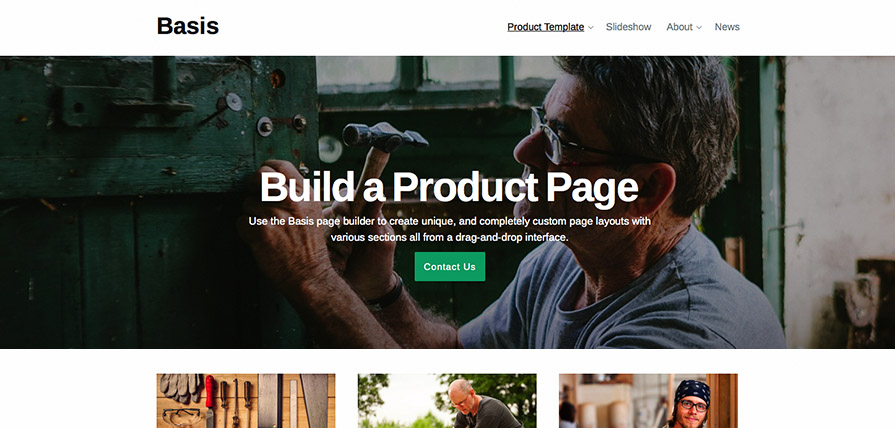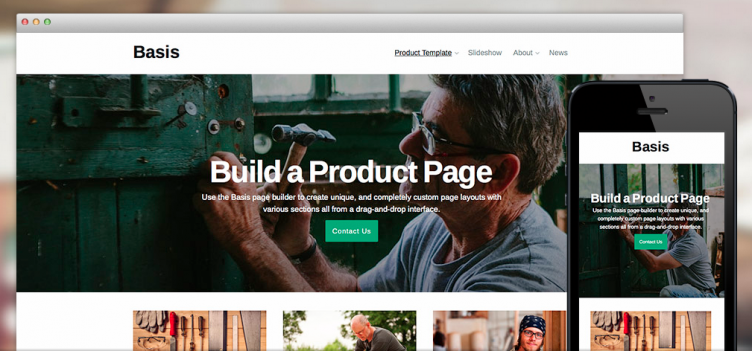
ZippyKid is a managed WordPress host that’s been around around three and a half years. They have grown their business consistently since their launch in May 2010, and today have a number of high profile blogs and corporate profiles as part of their client portfolio.
Vid Luther, founder of ZippyKid, has been a PHP consultant and performance engineer in the hosting industry since 1998. I’ve met Vid a few times now, and we’ve also stayed in touch online the last couple of years. His technical savvy and understanding of the market is very evident when I talk with him.
ZippyKid has a solid hosting product. But hosting isn’t all about your product. It’s a competitive industry, and even the WordPress managed space has started to get crowded with options that are often tough to differentiate as an outsider. Being a solo founder with a very strong technical background, marketing and messaging has not been Vid’s forte. He’s admitted this openly on sites like Quora.
To date, ZippyKid has successfully grown from nothing to over 1,200 customers and a nine employee company (plus two more starting soon). That’s a net growth rate of about one customer every day. They are profitable and their burn rate is low, meaning they’ve made efficient use of funds raised from their outside investors.
They’ve experienced consistent, linear growth over a sustained period. Their growth pattern has allowed them to invest heavily to serve existing customers well while onboarding new customers. Rackspace, the largest hosting company in the world, provides the data centers and networking infrastructure for ZippyKid/Pressable and their customers. Rackspace bought one of the hosting companies Vid was the lead systems administrator for in 2003. Since then he’s been close to the senior leadership at the $5.8 billion company.
Some of the original founders of Rackspace are investors and have an advisory role in the company.
I got to see Vid as he came out of Rackspace with the expertise he needed to attack this [managed WordPress hosting] the way it should be… it is not just technology, its about service expectations. If you don’t deliver it in a way that can be consumed it doesn’t matter.
– Dirk Elmendorf, Founder of Rackspace
ZippyKid is now Pressable
ZippyKid’s next step in their growth is to rebrand and restructure some of their business. They are changing their name to Pressable and restructuring their hosting plans to better serve existing customers and market to new customers.


 The Theme Foundry
The Theme Foundry


